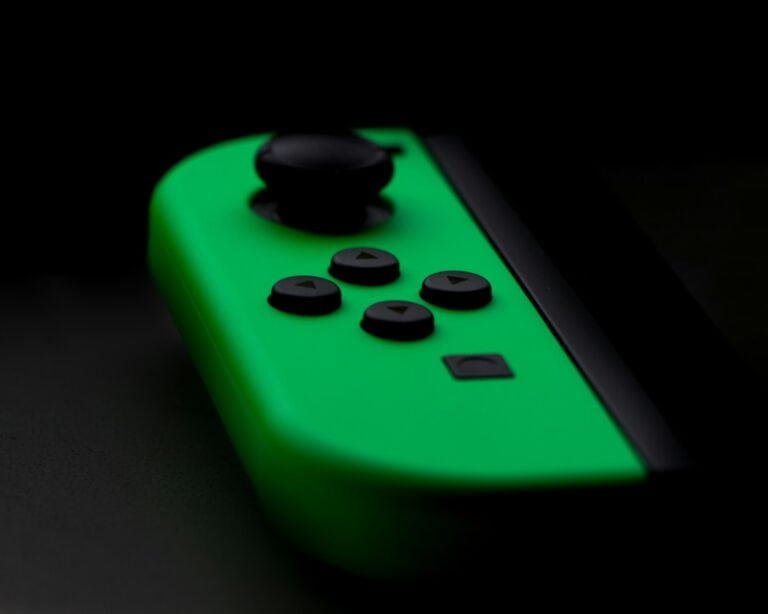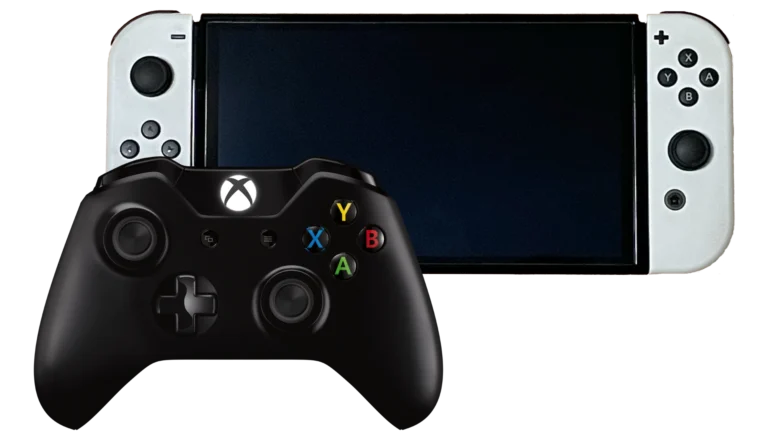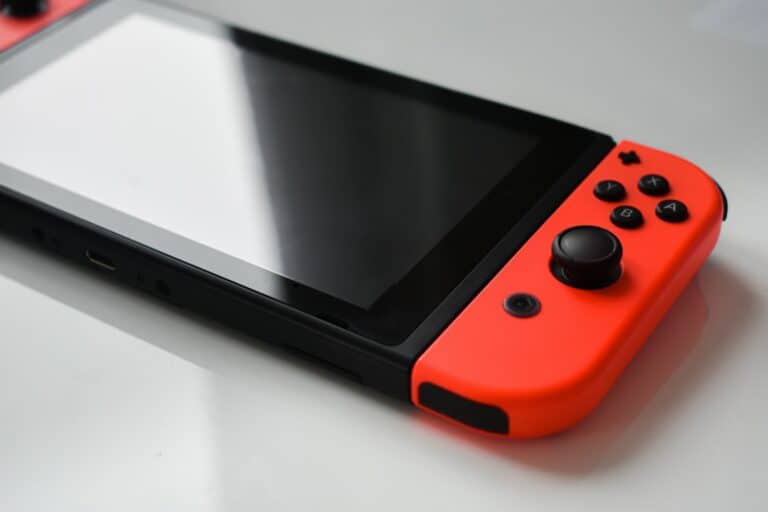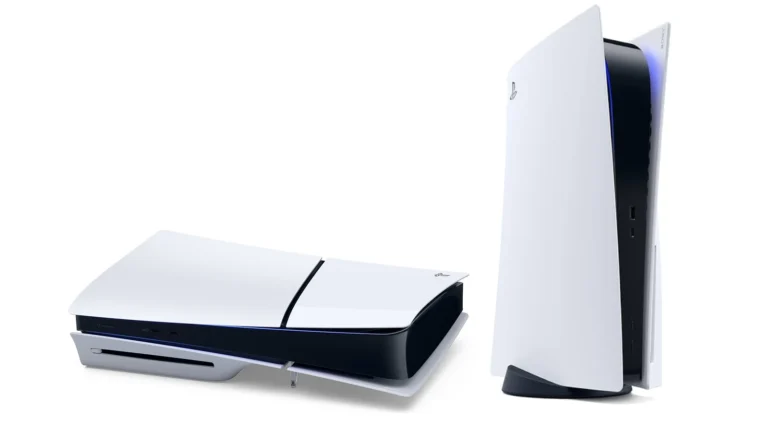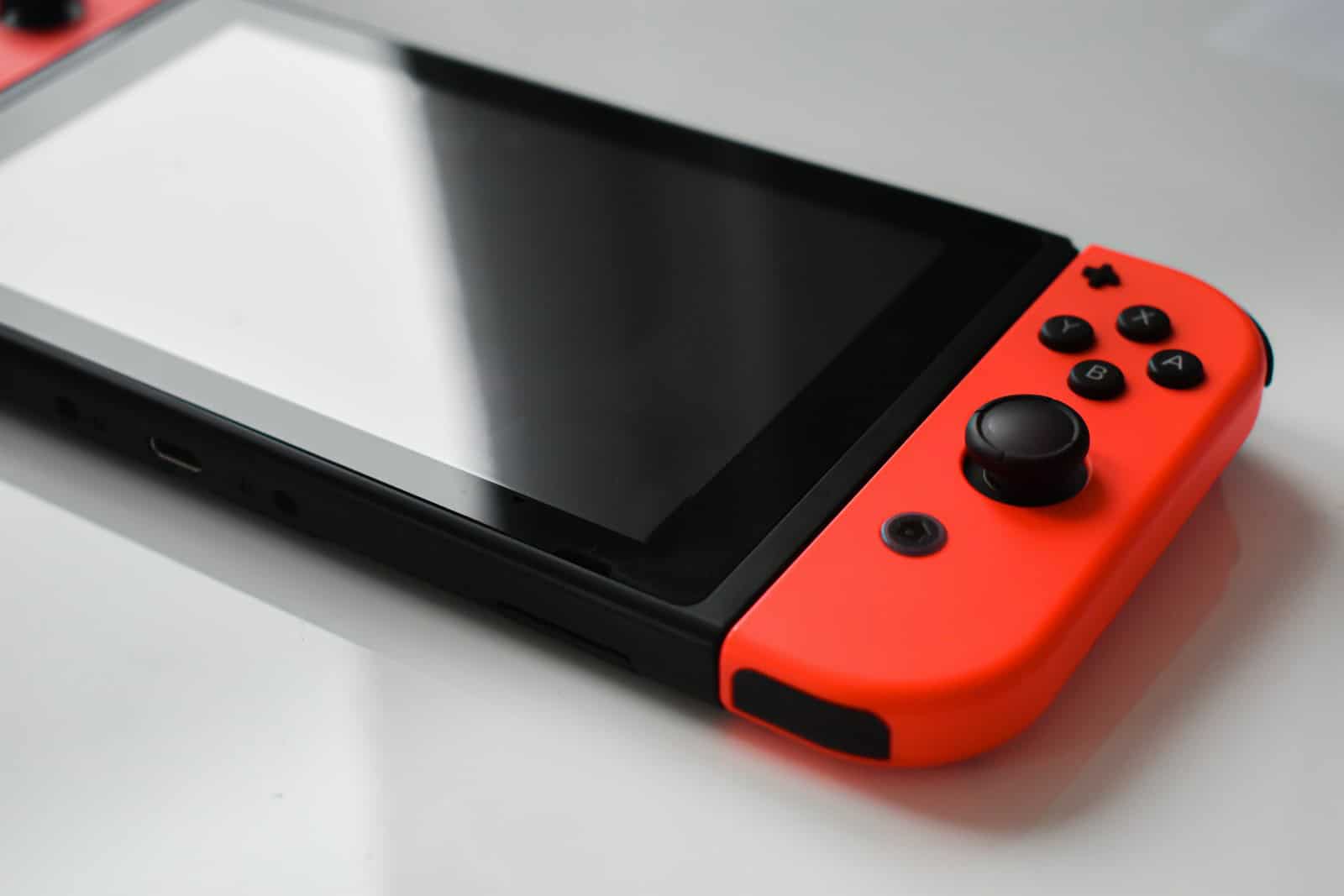
Nintendo shut down Ryujinx, a popular open-source Nintendo Switch emulator, in late 2023. The company took control of the Ryujinx domain and halted the emulator’s development after contacting the project’s creators. This move came as part of Nintendo’s increased efforts to protect its intellectual property and combat unauthorized software emulation.
Ryujinx had gained attention for its ability to run Switch games on PCs, sometimes with better performance than the original hardware. The emulator’s shutdown followed closely after Nintendo’s legal action against Yuzu, another prominent Switch emulator. These events have sparked discussions about the future of game preservation and the legality of emulation software.

The Ryujinx Shut Down
Nintendo didn’t exactly “shut down” Ryujinx in the traditional sense. It was more of a negotiated removal. Here’s what happened:
In October 2024, the lead developer of Ryujinx was contacted by Nintendo and presented with an agreement. The terms likely involved the developer ceasing work on the emulator and removing the organization and all related assets under their control. Shortly after this, downloads and GitHub repositories associated with Ryujinx were taken down. While the exact details of the agreement have not been publicly disclosed, it is reasonable to assume that legal pressure and potential financial incentives influenced the developer’s decision. Nintendo has been actively combating emulation, particularly regarding those emulators that allow users to play their games without purchasing them legally.
Notably, Nintendo has taken similar actions against other emulators, such as Yuzu, which was also shut down following a settlement that involved a substantial payment to Nintendo. In November 2024, it became evident that Nintendo had seemingly acquired the Ryujinx website domain. This move likely aims to prevent anyone from reviving the emulator under the same name and web address. This incident underscores Nintendo’s firm stance against emulation and their commitment to protecting their intellectual property. While some argue that emulation helps preserve gaming history and enhances accessibility, Nintendo primarily views it as a means of piracy that negatively impacts their business.
Key Takeaways
- Nintendo took control of Ryujinx’s domain and stopped its development
- The shutdown was part of Nintendo’s efforts to protect its intellectual property
- Ryujinx’s closure raises questions about game preservation and emulation legality
Overview of Ryujinx Shutdown
Nintendo took action against Ryujinx, a popular Nintendo Switch emulator, in early October 2024. This move raised questions about intellectual property rights and emulation in the gaming industry.
Legal Challenges and Intellectual Property Issues
Nintendo faced Ryujinx with legal challenges centered on intellectual property concerns. The company claimed the emulator infringed on its copyrights and patents related to Switch hardware and software. Nintendo issued DMCA takedown notices to hosting platforms, effectively removing Ryujinx downloads from official sources.
The Ryujinx team initially resisted these claims. They argued their software used clean-room reverse engineering techniques, which they believed were legal. However, Nintendo’s legal pressure proved too strong to withstand long-term.
Nintendo’s Stance on Emulation and Piracy
Nintendo has long maintained a strict anti-piracy stance. The company views emulators as potential tools for copyright infringement. It argues that emulators like Ryujinx enable users to play pirated games, causing financial harm to developers and publishers.
Nintendo’s actions against Ryujinx align with its historical approach to protecting its intellectual property. The company has previously targeted ROM sites and other emulator projects. Nintendo sees these efforts as crucial for preserving the value of its games and hardware ecosystem.
Critics argue that emulators have legitimate uses, such as game preservation and accessibility. However, Nintendo prioritizes controlling its content distribution channels and combating perceived piracy threats.
Technical Aspects and Development
Ryujinx stood out as a powerful Nintendo Switch emulator with unique capabilities and a dedicated development team. Its technical aspects and ongoing improvements made it a popular choice among emulation enthusiasts.
Ryujinx Emulator Capabilities
Ryujinx offered impressive performance and compatibility for Nintendo Switch games on PC. It supported high-resolution rendering, allowing users to play Switch titles at 4K or higher. The emulator boasted accurate audio emulation and controller support, including motion controls.
Ryujinx ran on Windows, Linux, and macOS. Its multi-platform support expanded its user base. The emulator handled both physical and digital Switch games, making it versatile for different types of game libraries.
Contribution and Development Efforts
GDKChan led the Ryujinx project, with contributions from many developers worldwide. The team used C# for the emulator’s core, which offered good performance and ease of development.
Ryujinx had an active GitHub repository where developers collaborated. Regular updates improved game compatibility and fixed bugs. The open-source nature of Ryujinx allowed for community contributions and code reviews.
The development team focused on accuracy over speed. This approach led to better game compatibility but sometimes resulted in higher system requirements compared to other emulators.
Comparison with Yuzu and Other Emulators
Ryujinx and Yuzu were the two leading Switch emulators before their shutdowns. Yuzu often had faster performance, while Ryujinx prioritized accuracy and compatibility.
Ryujinx supported more games at launch than Yuzu. It also had better support for some exclusive features like amiibo emulation.
Unlike some other emulators, Ryujinx did not require users to dump their own console firmware. This made it more accessible to users who didn’t own a physical Switch.
Both Ryujinx and Yuzu faced legal challenges from Nintendo. Their shutdowns left a gap in the Switch emulation scene, with no clear alternatives of similar quality available.
Impact on Gaming and Software Preservation
Nintendo’s shutdown of Ryujinx has significant implications for game preservation and community-driven software development. The emulator’s closure affects both current gaming experiences and future access to Nintendo Switch titles.
Community Responses and Developer Engagement
Ryujinx’s shutdown sparked intense discussions among gamers and developers. Many expressed disappointment at losing a tool that allowed them to play Switch games on PCs. Some developers voiced concerns about the legal risks of creating emulators.
The closure also highlighted the tension between copyright protection and open-source software development. Some community members started exploring alternative emulation projects. Others began advocating for clearer legal frameworks around game preservation.
Developers who contributed to Ryujinx now face uncertainty about their future work on similar projects. This has led to debates about the role of emulation in gaming ecosystems.
Game Preservation and Accessibility
Ryujinx played a crucial role in preserving Nintendo Switch games. Its closure raises questions about long-term access to these titles. Without emulators, many Switch games may become unplayable once the console is obsolete.
The shutdown impacts game accessibility for players with disabilities. Emulators often offer customization options not available on original hardware. This loss may limit some gamers’ ability to enjoy Switch titles.
Preservationists worry about the long-term consequences for gaming history. Emulators like Ryujinx often serve as important tools for archiving and studying games. The closure may hinder efforts to document and research Nintendo Switch software.
Some organizations, like the Video Game History Foundation, have emphasized the need for legal pathways to preserve games. They argue that emulation is crucial for maintaining access to older titles.
Ryujinx and the Future of Nintendo Switch Emulators
The closure of Ryujinx marks a significant shift in the Nintendo Switch emulation landscape. This development raises questions about the future of emulation technology and the continued interest in playing Switch games on other platforms.
Technological Evolutions in Emulation
Emulator developers face ongoing challenges in replicating Switch hardware. Ryujinx achieved notable success, running games like The Legend of Zelda: Tears of the Kingdom smoothly on PCs. This performance sometimes surpassed the original Switch hardware.
Other emulators, like Yuzu, may now attract more attention. These projects could potentially incorporate Ryujinx’s innovations. Emulator teams often share knowledge and techniques to advance their software.
Nintendo’s actions may prompt developers to explore new approaches. Some may focus on improving compatibility with older Nintendo systems like the NES. Others might pursue more discrete distribution methods to avoid takedown notices.
Continued Interest in Switch Games and Emulation
Despite Ryujinx’s closure, demand for Switch emulation remains high. Many users seek ways to play Switch games on more powerful hardware or with enhanced graphics.
Online communities, including Discord servers, continue to discuss emulation. These groups share information about alternative emulators and workarounds. Some users are exploring ways to preserve Ryujinx’s code and functionality.
Switch games’ popularity drives ongoing emulation efforts. Titles like The Legend of Zelda: Tears of the Kingdom generate particular interest. Players often seek emulation to experience these games with improved performance or visual enhancements.
Frequently Asked Questions
The closure of Ryujinx raises several key questions about emulation, legal issues, and alternative options for gamers. These topics reflect the broader impacts on game preservation and the emulation community.
What is the legal standing of video game emulation?
Video game emulation itself is legal in many jurisdictions. The creation and use of emulators do not violate copyright laws. However, distributing copyrighted game ROMs without permission is illegal. Emulator developers must avoid including or facilitating access to copyrighted content.
How does the closure of Ryujinx affect the emulation community?
The shutdown of Ryujinx limits options for Nintendo Switch emulation on PCs. This reduces the ability to play Switch games on non-Nintendo hardware. The emulation community loses a valuable tool for testing and improving emulation techniques. Some developers may become hesitant to work on similar projects due to legal concerns.
What are the alternatives to Ryujinx for gamers?
Yuzu was a popular alternative to Ryujinx, but it also faced legal action from Nintendo. Some open-source forks of these emulators may continue development. Citra remains an option for Nintendo 3DS emulation. For modern Nintendo games, the official Switch hardware is the primary legal alternative.
How do emulator shutdowns generally impact game preservation efforts?
Emulator closures can hinder game preservation. Many older games become unplayable on modern hardware without emulation. Preservationists rely on emulators to study and archive game code and assets. The loss of emulators may limit access to gaming history for researchers and enthusiasts.
What reasons do companies like Nintendo have for closing emulation projects?
Game companies often cite piracy concerns as a primary reason for targeting emulators. They argue that emulators enable illegal copying and distribution of games. Companies also want to protect their hardware sales and maintain control over how their games are played. Preserving brand image and intellectual property rights are additional motivations.
How might developers and users respond to the shutdown of an emulator like Ryujinx?
Some developers may move to more discreet or decentralized development models. Users might seek out alternative emulators or switch to official hardware. The community may increase efforts to create legal, open-source emulation solutions. Discussions about the importance of game preservation and the role of emulation in gaming history may intensify.

